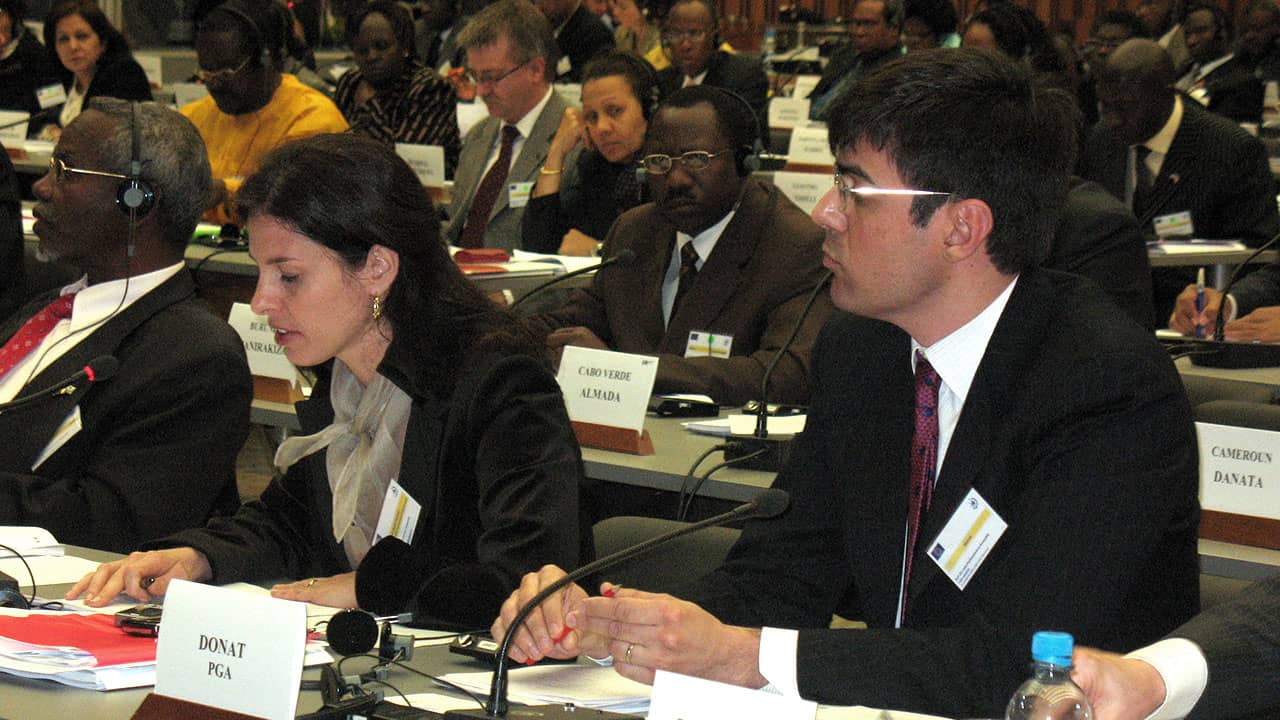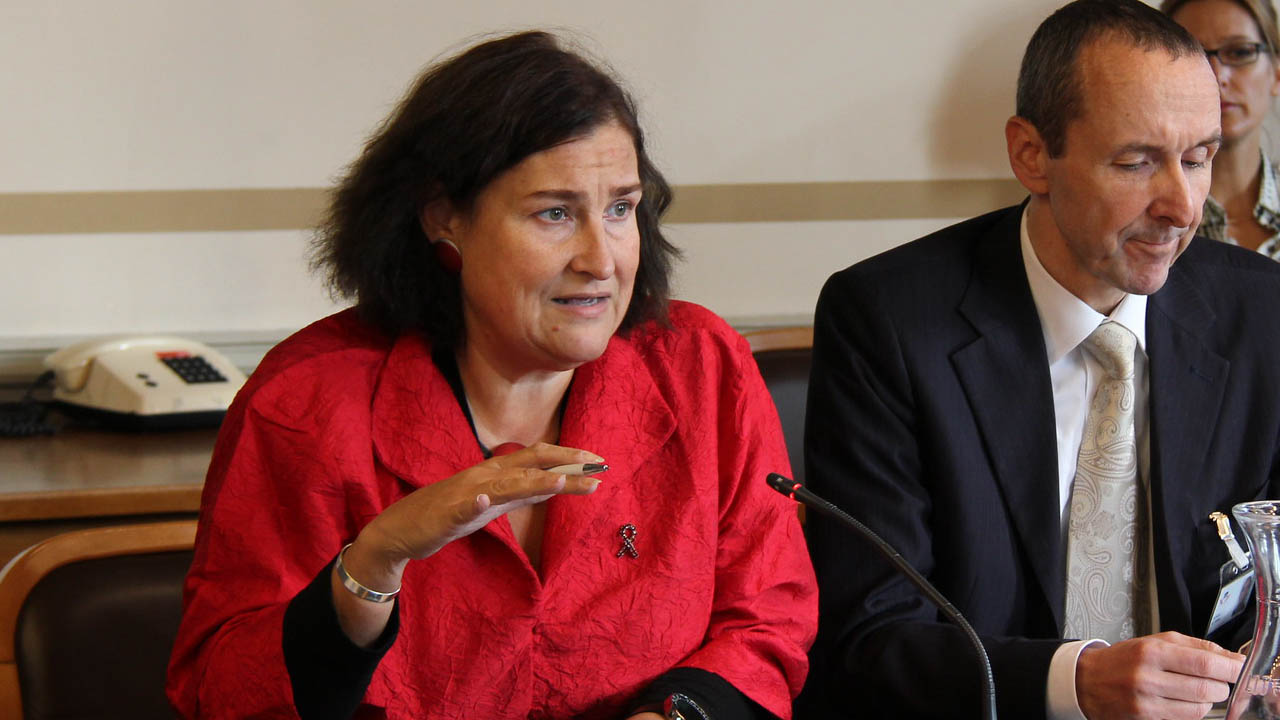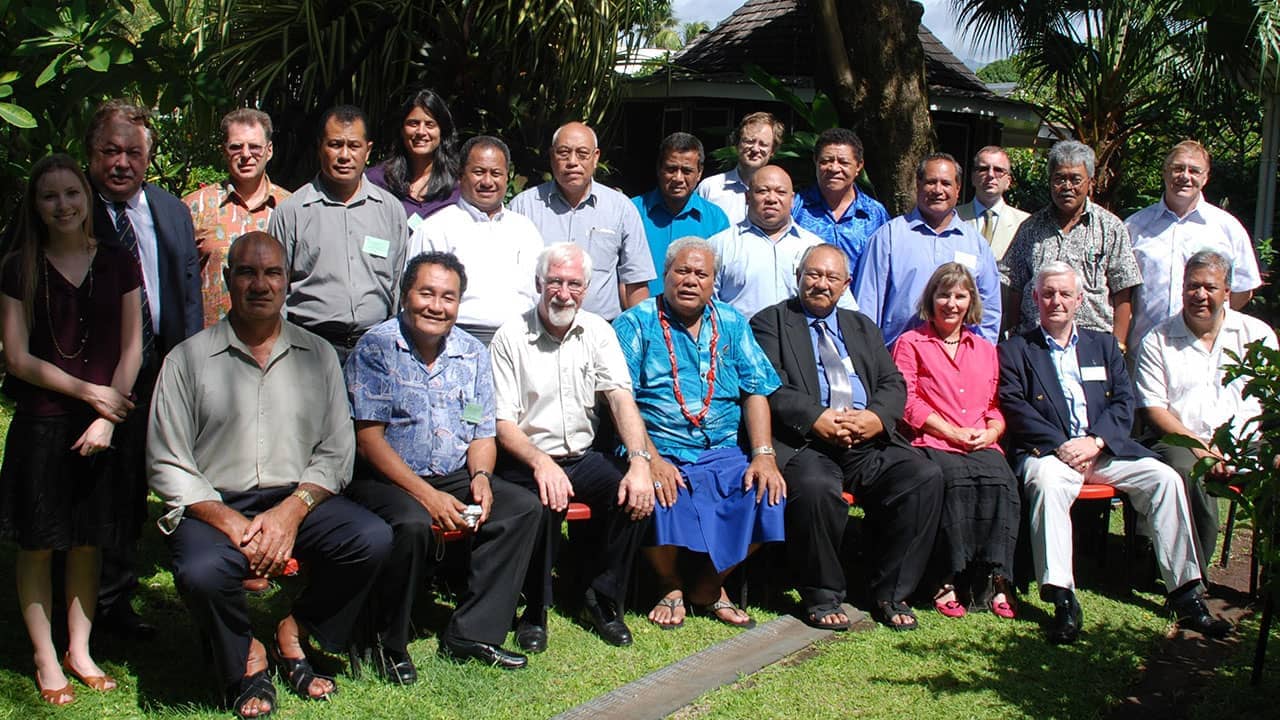Government type:
Parliamentary republic
Objectives:
-
Implementation of Kampala Amendments into domestic legal framework
-
Signing voluntary agreements on cooperation with the ICC
Status
-
Rome Statute: Ratified on 16 September 2002
-
APIC: Acceded on 08 April 2016
-
Amendments to the RS: Ratified both Kampala Amendments on 25 September 2012
-
BNSA: Publicly rejected BNSA Agreement with the USA.
-
Voluntary Agreements with the ICC: None
Status of Implementation of the Rome Statute
-
Complementarity - Enacted (International Criminal Court Act No. 26 of 2007 and ICC Amendments Act of 2014)
-
Implements crimes (referring to the Rome Statute for the definition of the crimes) and principles, including the irrelevance of official capacity and rejection of the superior orders defense and lays out penalties for crimes against the administration of justice. Attorney General's consent is required for prosecutions of the core Rome Statute crimes.
-
The ICC Act does not include all forms of individual criminal responsibility for crimes, covering only individual direct commission of the crimes. The cooperation regime is extensively developed, often referring to the ICC Rules of Procedure and Evidence as support, although every request requires approval by the Minister of Justice. The ICC Act contains detailed provisions to cover the eventuality of the ICC sitting in Samoa and provisions regulating the repatriation of ICC prisoners who have served their sentence in Samoa.
-
-
Cooperation - Enacted (International Criminal Court Act No. 26 of 2007)
-
Central authority: Minister of Justice
-
Background:
Samoa became one of the first States Parties to the Rome Statute, ratifying in September 2002 and took a leading role in the negotiations in Rome and the subsequent negotiations leading to the adoption of the Kampala Amendments. Samoan national Tuiloma Neroni Slade was a judge at the ICC from 2003 to 2006. Samoa has also been an active participant in the work of the Assembly of States Parties, serving on the Bureau continuously since 2005.
On 17 and 18 March 2008, PGA organised a Regional Workshop in Apia, Samoa, on "Enhancing Good Governance and the Rule of Law in the Pacific Islands- The Role of Parliamentarians". The event was attended by 18 legislators from the Cook Islands, the Federated States of Micronesia, Kiribati, Niue, Samoa, Tonga, Tuvalu, in addition to MPs from New Zealand and Sweden as well as other international personalities. Different participants offered their views on the ICC and the assistance needed to enable ratification/implementation generally of the Rome Statute in the countries of the region.
The government representative who attended the February 2012 ICC Pacific Outreach Roundtable in Sydney, Australia stated that implementing the Kampala amendments into domestic legislation was one of Samoa’s priorities.
Samoa is the only Pacific Island Country to have both ratified the Rome Statute and fully adopted implementing legislation. During the 2012 Roundtable in Sydney, the representative of Samoa indicated that his country is able to assist Pacific colleagues with implementing legislation if assistance is needed. It was noted that Samoa has one of the largest drafting teams in the region (a team of 14).
ASP
During the 16th ASP in December 2017, Samoa delivered a powerful statement, encouraging other States to join the ICC:
“firstly, by ratifying the Rome Statute, Samoa has not signed away its sovereignty. It can still investigate and prosecute any international crime committed in Samoa unless the gravity of the crime is such that Samoa chooses to refer it to the ICC; and secondly, being a Member of the ICC guarantees that Samoa will not be a safe haven for international criminals. Being a Small Island developing nation did not preclude Samoa from contributing positively to resolving issues of global concern such as the fight against impunity and the protection of human rights.”
Bilateral relations with the US:
According to the information available in 2006, the Foreign Minister of Samoa, Mr. Tuilaepa Lupesoliai Neioti Aiono Sailele Malielegaoi (who is also the Prime Minister of Samoa and has been at the Office been since 1998) reportedly announced that Samoa would not sign a BNSA with the US. On 1 July 2003, Samoa was declared by the US State Dept. ineligible to receive military assistance.










